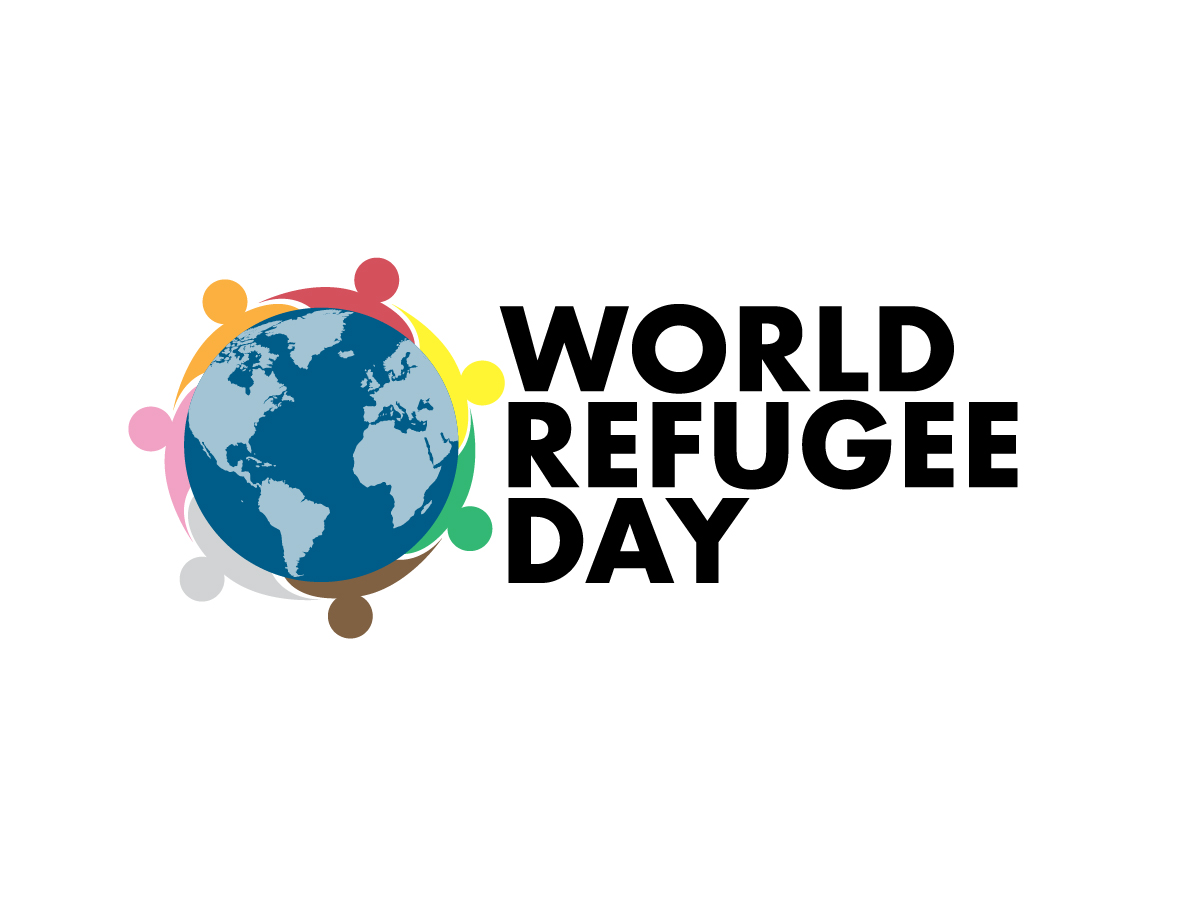The United Nations commemorates the World Refugee Day on June 20 annually. The day provides an opportunity to reflect on what is one of the world’s most pressing problems.
That the world is a vast space in turmoil may not immediately be noticeable to the innocent children stuck in remote villages who, though enjoying serenity, are yet to notice that their family is too poor to provide all they need.
With the passage of time, many of those children are hastened into the harrowing reality of life. But for many of them, those that remain in a place with little movement can at least lay claim to some stability. Many others are not so lucky.
According to the United Nations, a refugee is a person forced to flee their country because of violence or persecution, someone who has been forced to flee his or her country because of persecution, war, or violence.
A refugee has a well-founded fear of persecution for reasons of race, religion, nationality, political opinion or membership in a particular social group. Most likely, they cannot return home or are afraid to do so. War and ethnic, tribal and religious violence are leading causes of refugees fleeing their countries. Sixty-nine per cent of those displaced across borders come from just five countries: Syria, Venezuela, Afghanistan, South Sudan and Myanmar.
In a world increasingly etched across expanding fault lines, to leave “home” and set up camp in another person’s place with all the horrors and heartbreak it comes with must be a nightmare. But, that is the reality of refugees, who face all manner of challenges in their quest to pick up the pieces of their often shattered lives.
The 1951 Geneva Convention is the main international instrument of refugee law. The Convention clearly spells out who a refugee is and the kind of legal protection, other assistance and social rights he or she should receive from the countries that have signed the document. The Convention also defines a refugee’s obligations to host governments and certain categories of people, such as war criminals, who do not qualify for refugee status.
The Convention was limited to protecting mainly European refugees in the aftermath of World War II, but another document, the 1967 Protocol, expanded the scope of the Convention as the problem of displacement spread around the world.
According to the United Nations, refugees are either migrants, asylum seekers or internally displaced individuals with each subset of refugees providing peculiar challenges.
An internally displaced person, and there are 53.2 million of such individuals around the world, is someone who has been forced to flee their home but has never crossed an international border. This group of people is the largest group the United Nations High Commission for Refugees assists and Colombia, Syria, the Democratic Republic of Congo and Yemen are the countries with the highest number of internally displaced individuals.
A stateless person is someone who is not a citizen of any country. Around the world, about 4.3 million people are stateless or at risk of becoming stateless.
When people flee their country and seek sanctuary in another country, they apply for asylum – the right to be recognized as a refugee and receive legal protection and material assistance. An asylum seeker must demonstrate that his or her fear of persecution in his or her home country is well-founded. In 2021,there were about 1.7 new asylum claims around the world.
There is only very little doubt that the unprecedented refugee crisis confronting the world today is very much as a result of the crisis facing people everywhere in the world. Climate change and insecurity continue to cause conflicts in different parts of the world, forcing people to move to places where they feel safer.
On a day when the United Nations celebrates refugees, it is important to remember that the crisis characterised by the unprecedented movement of people across different cities and channels owes a lot to the dangers people face and their desperate desire to escape.
On this most important day, it has never been more necessary to emphasize that the world’s response to refugees must be one of compassion and justice. When all the layers are peeled off, it would be seen that the refugee crisis remains a humanitarian crisis with everything it entails.
Beyond every talk about policy, propriety and proprietary rights, the crisis is about some of the world’s most vulnerable people who want nothing more than some stability.
The greatest lesson of a day like this is that refugees deserve to be treated like people and not packages.
Ike Willie-Nwobu wrote via [email protected]

 Join Daily Trust WhatsApp Community For Quick Access To News and Happenings Around You.
Join Daily Trust WhatsApp Community For Quick Access To News and Happenings Around You.


